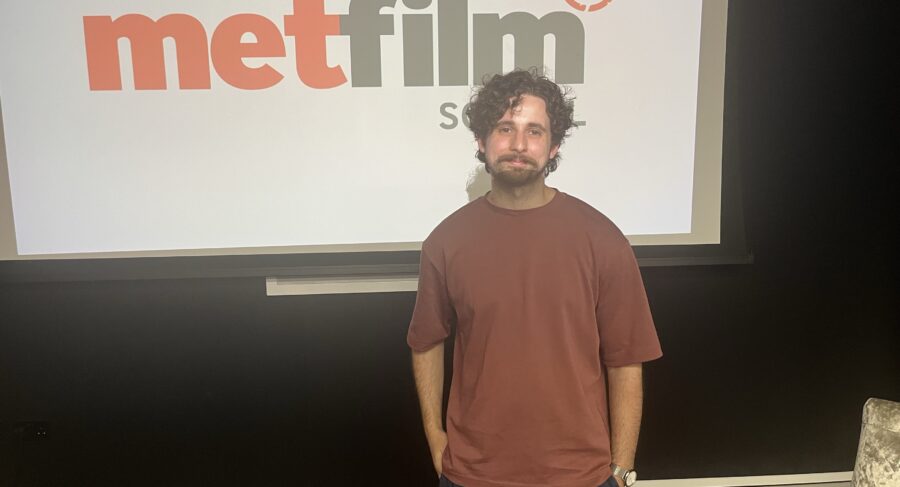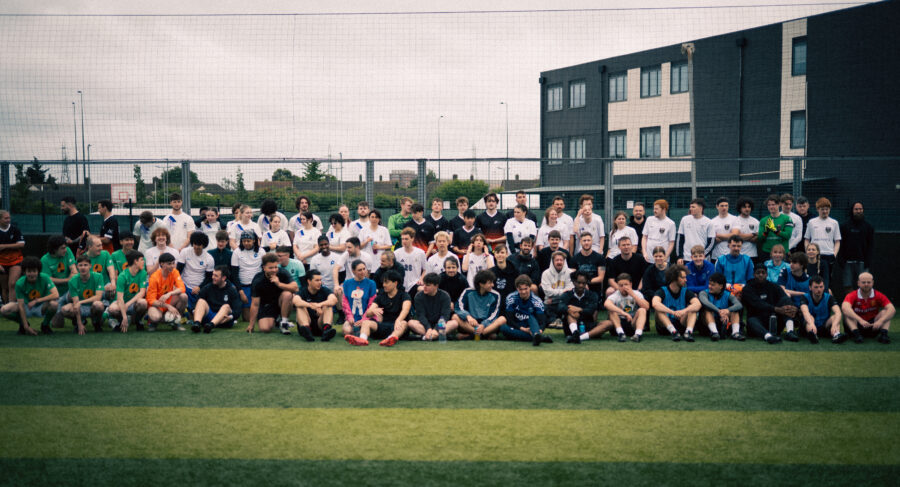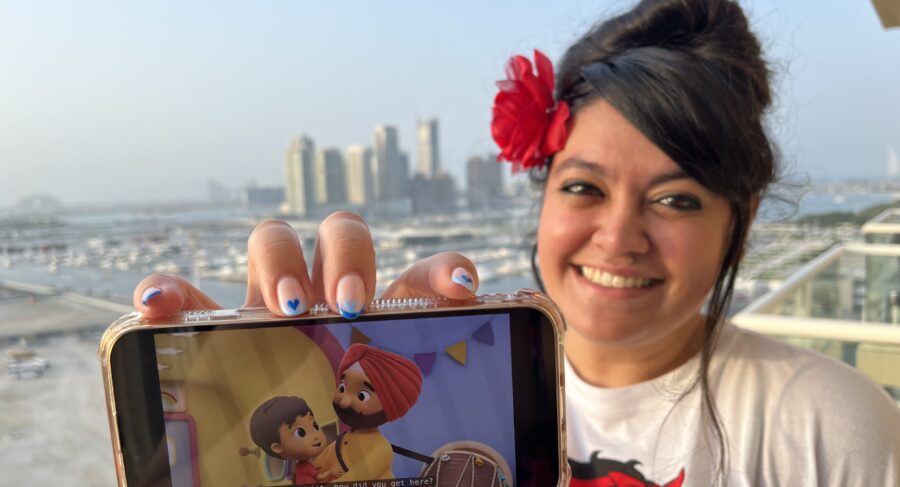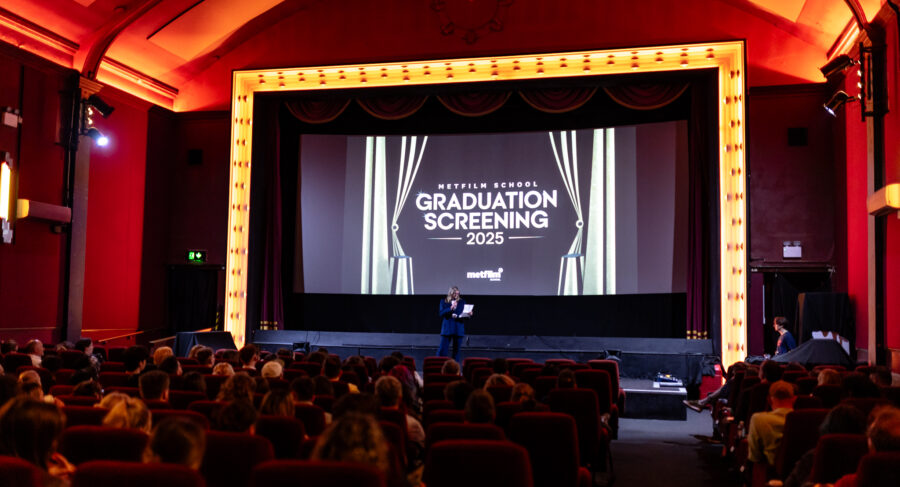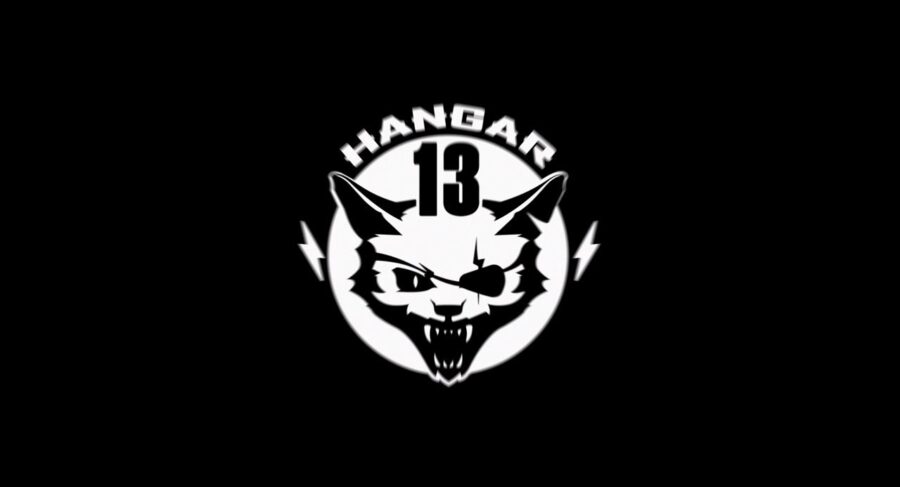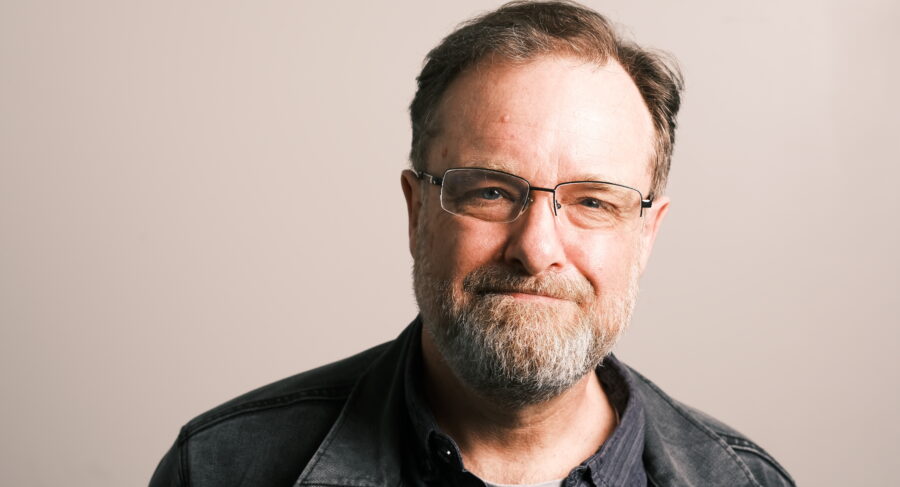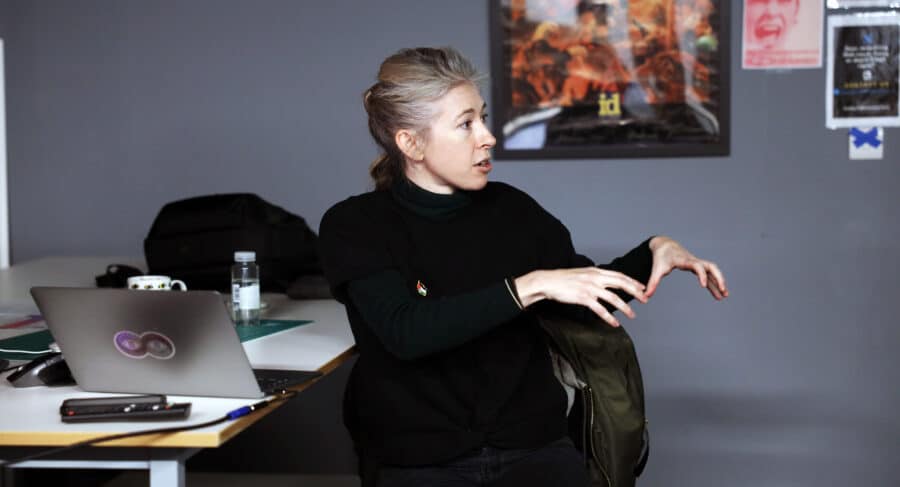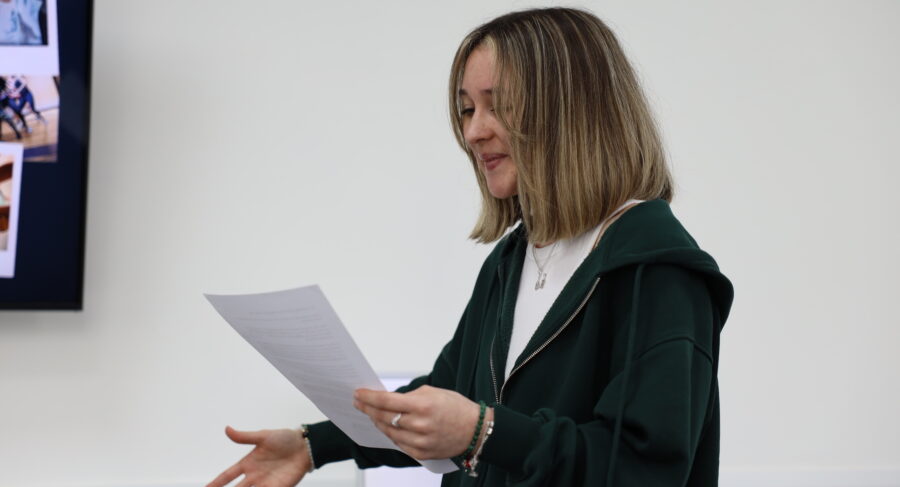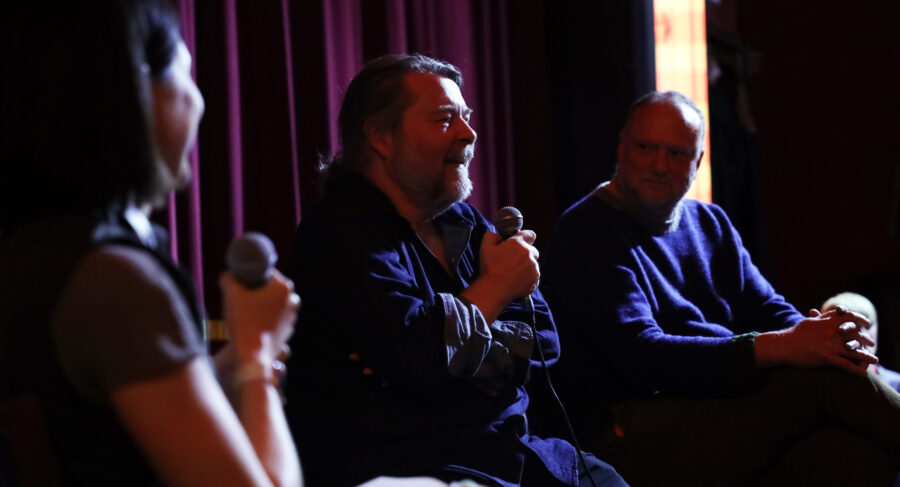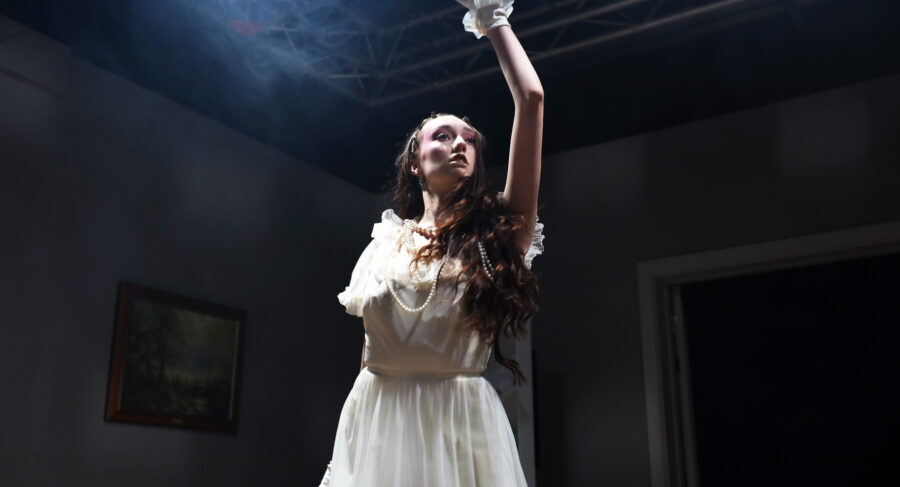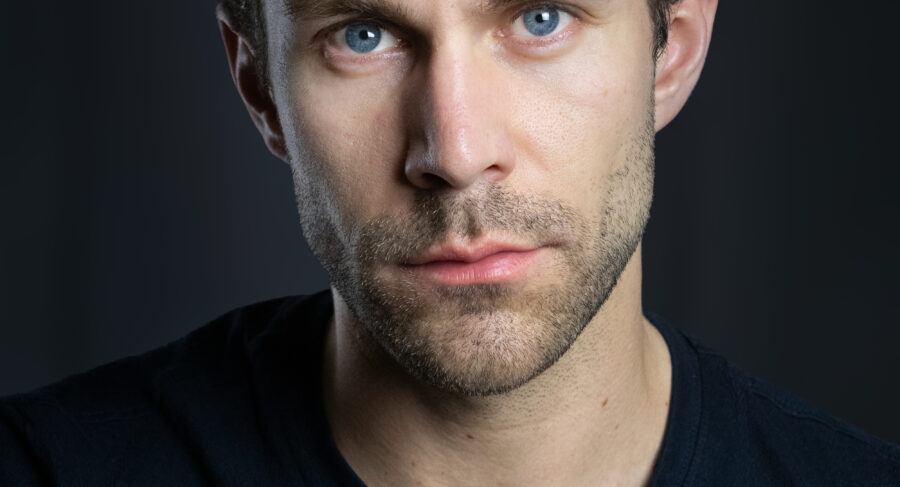MA Post Production alumni Polly Hayes on embracing your inner creative
By Danny Kelly
15 May 2020
Sometimes a new career can creep up on you when you least expect it. From medicine to philosophy and finally to editing – such was the case for MetFilm School alumni Polly Hayes when she decided to follow her inner creative, by enrolling on our MA Post Production.
Now approaching three years as an editor at award-winning video production agency, Spirit Media, we caught up with Polly Hayes to discuss – amongst many things – this booming side of the industry and what advice she has for fellow-minded creatives…
Before joining the School, you studied Philosophy – what inspired the move towards Post Production?
I was actually studying Medicine before my Philosophy degree too! In all honesty, my choice to study Philosophy was to try and build a bridge between my science qualifications and my creative hobbies. I spent my free time at Uni involved in theatre and ended up creating a lot of publicity material for the shows. Whilst I’d grown up teaching myself graphic design and basic video editing, this uni experience really opened my eyes to a more professional setting, and I started making content for shows going to the Edinburgh Fringe, as well as video projects for family and friends.
All these things, as well as lots of research into various creative vocations, confirmed for me that I wanted to be in Post Production. I felt it combined my creative side with my hyper-organised side quite nicely! It also didn’t seem like a ‘pipe-dream’, in that there is a relatively good job market for post production compared with other creative fields.
What do you feel was the advantage of learning at film school as opposed to a self-taught approach?
Everyone’s different, but I honestly don’t think I’d have started getting professional editing work as quickly without studying my Masters. My year at MetFilm School gave me practically everything I needed to feel confident moving into the professional world. It gave me a formal education in the technical side of post production, exposing me to all the different software I was likely to encounter professionally. It also hugely developed my narrative storytelling skills, as well as my ability to adapt to work on all different kinds of edits, from long-form to short-form to branded to animation.
We had our brilliant course leader, Michael McHugh, to support us throughout, along with countless experts coming in to take the lead on certain modules. Even though I was set on becoming an offline editor, having been taught about sound design, colour grading, and motion graphics was also beyond helpful; they’re all extremely beneficial strings to have to your bow and can set you apart from other job applicants.
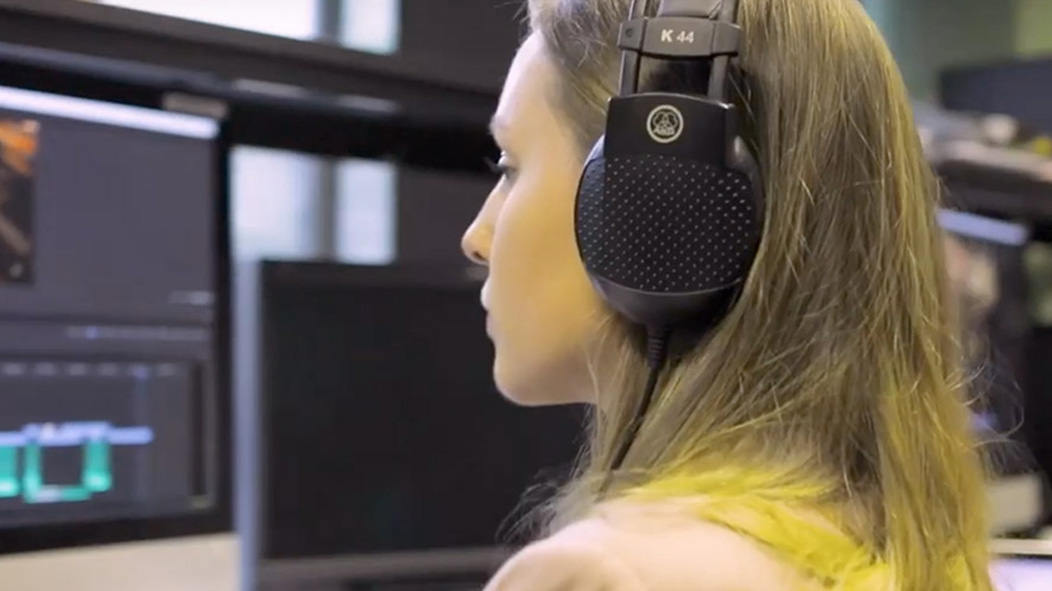
There seems to be a lot of variety to your work, both personally and at Spirit Media. What types of projects excite you the most?
I wouldn’t have had an answer for this a couple of years ago, but now I definitely get most excited when I’m working on slightly longer-form projects with a narrative. I especially love non-scripted narratives as it allows a lot of creative freedom for the editor. However, I really try and not feel precious about what projects I’m editing, as so much editing work these days is optimised for online/social audiences. That often means much choppier, flashier, quicker edits. I’ve done countless videos for social in the last 3 years, so it’s important that you find joy in editing all kinds of content. For example, I’m currently editing a series of branded videos that are being shot in isolation by the talent and then sent to me. We have extremely tight turnarounds, so I’m having fun with the creative challenge of making the footage look as premium as possible in a very short space of time.
Do you have a particular piece that you’re most proud of so far?
I’ve just recently edited two episodes of Comedy Against Living Miserably (the third to hopefully be filmed after lockdown!) for Dave/UKTV. They’re comedy specials with the intention of raising money and awareness for CALM (the Campaign Against Living Miserably). Each episode the comedians deliver relevant stand-up, as well as having a frank discussion all together about their own mental health. I was very proud that I got to edit for such an important cause, but I also felt proud of the edit itself. We had extremely fast turnarounds, and I had the challenge of weaving the stand up together with the round table discussions, finding links to hopefully marry the on and off-stage moments together seamlessly.
What skills and qualities do you feel make a good editor?
Positivity. With regards to soft skills, I definitely think staying positive, calm, and patient under pressure is helpful. Video production has so many layers to it that there are almost always hiccups along the way, no matter how organised a project may be. If I start feeling stressed about a project, I try to gain perspective and remind myself that ultimately I get to make stories and be creative for a living, so the stakes really aren’t high enough to warrant stressing over.
Time management. Working as staff in a production company, I’ve also had to take on the responsibility of managing the edit schedule both for myself and the other editors, which has just highlighted for me how important time management and smart working is. It’s the norm (especially for online content) to have very fast deadlines, so you need to find ways to speed up your editing workflow and achieve quality results fast. And, if you work as a staff editor, it’s common to be juggling multiple projects at once, so you need to stay organised. Lists and calendars are your friends!
Methodical approach. I also find it’s handy to have a bit of a methodical approach to edits, as opposed to simply being driven by creativity. If you’ve received hours of rushes and also need to create graphics and build some creative sound design and develop a specific colour grade etc, you’re going to need an analytical eye so you can break everything down into more manageable steps. Otherwise it would become a very overwhelming process!
And then there are the obvious skills like being able to use all the relevant software (generally speaking, Adobe is very popular for online/digital/branded/social, and then both AVID and Adobe are used for broadcast), and understanding storytelling and pacing.
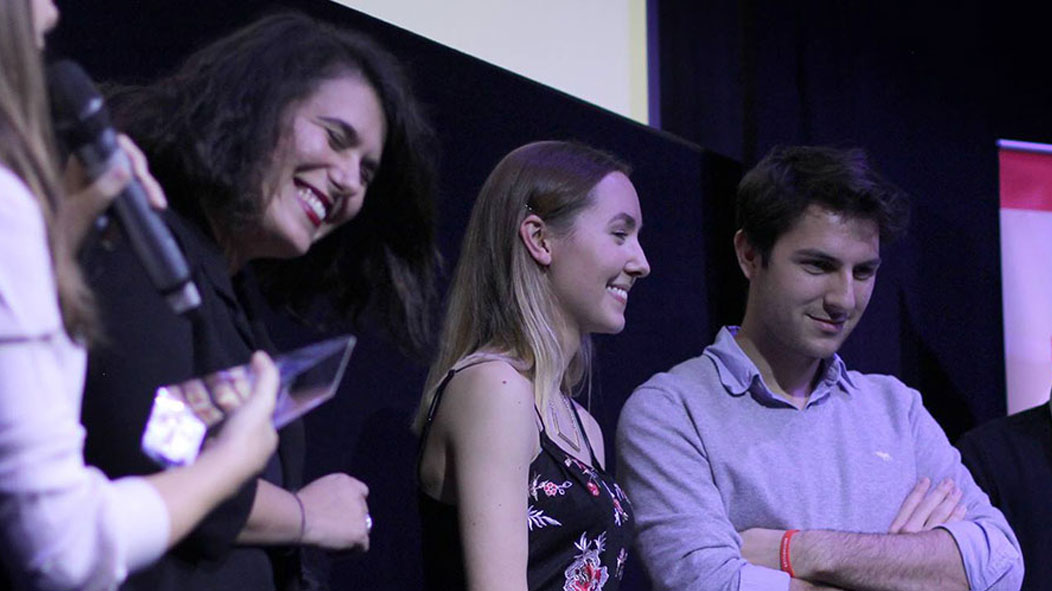
What for you are the biggest misconceptions about the craft of Post Production?
I don’t feel like I encounter many misconceptions, but possibly the biggest one is the idea that editors just drag and drop clips onto a timeline, as if they’re painting-by-numbers according to what the director wants. I’ve never once had this experience in the last 3 years of working. No matter how big or small the project, I’ve always been trusted with a large amount of creative control over the edit. I think editing is a really unique job in the sense that you are using both the analytic and creative sides of your brain simultaneously, and I really do feel very drained (in a good way, if that’s possible!) at the end of a busy workday.
Polly Hayes shares her final insider advice for people interested in this side of the industry?
I would say keep an open mind about the type of content you’d like to be editing. Some types are far more prevalent than others (e.g. there are far more online/social jobs than there are feature film jobs). To begin with, don’t close off certain avenues just because it’s not exactly what you pictured you’d be editing. Every job will hopefully introduce you to more people in the industry which is always positive.
Finally, don’t compare your progress to other people’s! There is definitely not a ‘set path’ to be followed in post production. Try not to make too rigid of a career plan, or feel like you’re falling behind because you haven’t worked on a TV show or feature film by a certain point in your career. These days, ALL video platforms are valid, and some of the most exciting and innovative content is being released via social platforms, so try not to feel any pressure to be working on certain types of projects. Anything goes!
Polly Hayes graduated from our MA Post Production in 2017 – download a prospectus here.

